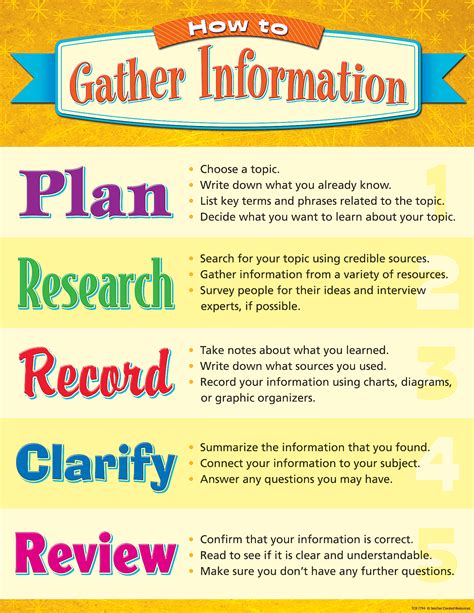Education isn’t just about studying; it’s about constantly searching for information. As you prepare to enter college, navigating the vast sea of resources at your disposal can be daunting. However, with the right strategies, you can effectively gather and process information to support your academic journey.

Library Resources: A Wealth of Knowledge
Libraries are a gold mine of information for college students. Take advantage of the following resources:
- Books and Journals: Explore the physical collections and online databases for an extensive selection of textbooks, research papers, and other valuable sources.
- Research Guides: Librarians can help you create tailored research strategies, access specialized databases, and find relevant sources for your projects.
- Interlibrary Loan: Request books and articles that your library doesn’t own from other institutions.
Online Resources: Endless Possibilities
The internet provides a vast repository of information, but it’s crucial to approach it critically.
- Credible Websites: Stick to websites of reputable organizations, government agencies, or educational institutions. Verify the author’s credentials and the source’s purpose.
- Search Engines: Use search engines like Google Scholar to find academic sources and avoid plagiarized or inaccurate materials.
- Online Databases: Universities often subscribe to specialized databases that provide access to peer-reviewed journals, dissertations, and other research materials.
Academic Sources: The Heart of Scholarship
When gathering information for college assignments, prioritizing academic sources is essential.
- Peer-Reviewed Journals: These journals publish the latest research findings from experts in various fields.
- Textbooks: Textbooks provide a comprehensive overview of specific subjects and are often supplemented with valuable references.
- Dissertations and Theses: These research papers explore specific topics in depth and can be valuable sources for specialized information.
Gather Efficiently: Effective Strategies
To gather information efficiently, follow these strategies:
- Develop a Research Plan: Define your topic and create a research plan to identify and narrow down relevant sources.
- Use Keywords: Employ specific keywords to search databases and online resources effectively.
- Skim and Scan: Preview sources to identify the most relevant sections before delving into detailed reading.
- Take Notes: Record important information from sources accurately and label your notes clearly.
- Cite Your Sources: Always acknowledge the sources you use to avoid plagiarism and give credit to authors.
Processing Information: Making Sense of It All
Once you’ve gathered information, it’s time to process and synthesize it.
- Summarize and Paraphrase: Create concise summaries of the main points from your sources, using your own words.
- Analyze and Evaluate: Critically examine your sources to assess their credibility, biases, and relevance to your topic.
- Connect Ideas: Identify connections between different sources to build a comprehensive understanding of your subject.
- Organize and Outline: Structure your notes and outline your ideas to present your information coherently.
Table 1: Library Resources for College Students
| Type of Resource | Benefits |
|---|---|
| Books | Extensive selection of textbooks, reference materials, and research texts |
| Journals | Current information on cutting-edge research and scholarly perspectives |
| Research Guides | Expert guidance on research strategies and access to specialized databases |
| Interlibrary Loan | Access to books and articles from other institutions |
Table 2: Online Resources for College Students
| Type of Resource | Benefits |
|---|---|
| Google Scholar | Specialized search engine for academic sources |
| University Databases | Access to peer-reviewed journals, dissertations, and research materials |
| Credible Websites | Information from reputable organizations, government agencies, or educational institutions |
Table 3: Academic Sources for College Students
| Type of Source | Benefits |
|---|---|
| Peer-Reviewed Journals | Latest research findings from experts in various fields |
| Textbooks | Comprehensive overviews of specific subjects and valuable references |
| Dissertations and Theses | In-depth research papers on specialized topics |
Table 4: Information Processing Strategies
| Strategy | Benefits |
|---|---|
| Summarizing and Paraphrasing | Condenses information and allows for easier understanding |
| Analyzing and Evaluating | Assesses source credibility and relevance to the topic |
| Connecting Ideas | Builds a comprehensive understanding of the subject matter |
| Organizing and Outlining | Structures notes and ideas for coherent presentation |
